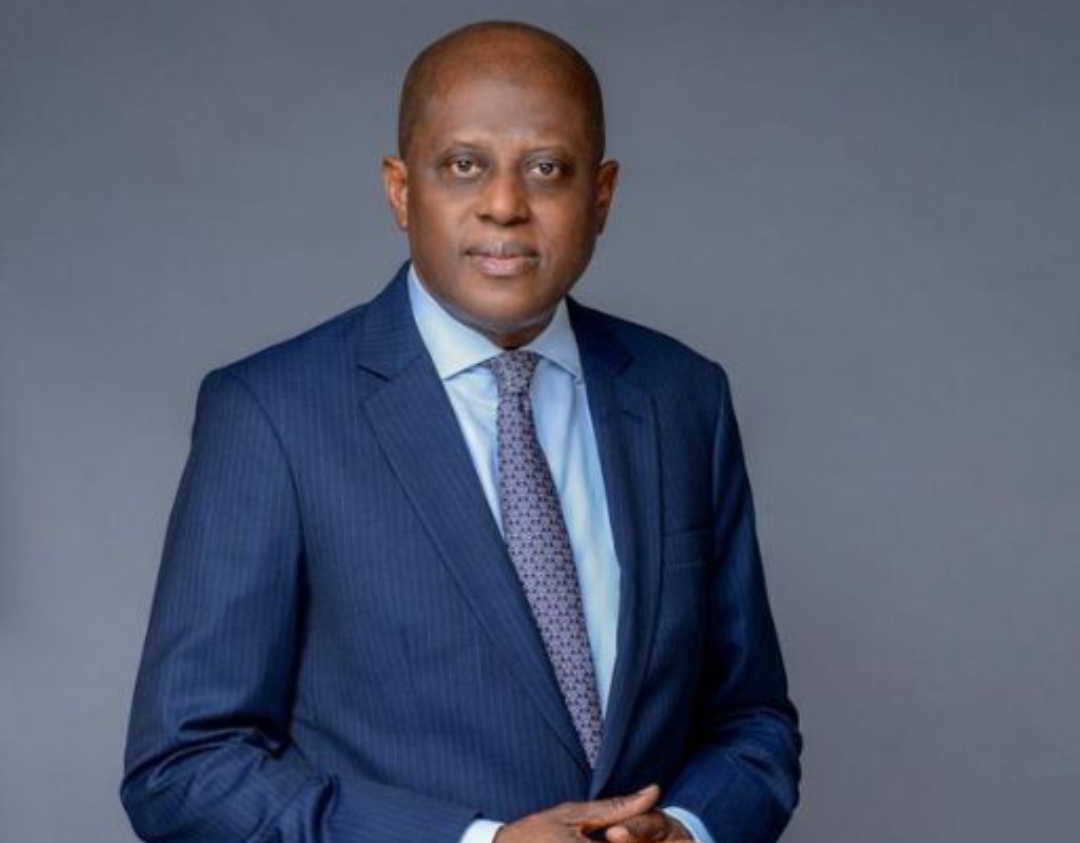President Bola Tinubu has nominated Olayemi Cardoso as the new Governor of the Central Bank of Nigeria (CBN).
This is according to a statement from presidential spokesman Ajuri Ngelale. Cardoso will replace the Acting Governor of the CBN Folashodun Shonubu if confirmed by the Senate.
“President Bola Tinubu has approved the nomination of Dr. Olayemi Michael Cardoso to serve as the new Governor of the Central Bank of Nigeria (CBN), for a term of five (5) years at the first instance, pending his confirmation by the Nigerian Senate,” the Friday statement added.
Aside from the Lagos-born Cardoso, Tinubu appointed four deputy governors in “conformity with Section 8 (1) of the Central Bank of Nigeria Act, 2007, which vests in the President of the Federal Republic of Nigeria, the authority to appoint the governor and four (4) deputy governors for the Central Bank of Nigeria (CBN), subject to confirmation by the Senate of the Federal Republic of Nigeria”.
Ajuri said the nominations are in line with Tinubu’s Renewed Hope agenda with the Nigerian leader expecting them to “successfully implement critical reforms at the Central Bank of Nigeria”.
The move came months after President Tinubu named Shonubi as the CBN acting governor. Until his new role, he was the bank’s deputy governor in charge of the operations directorate.
His new role followed Godwin Emefiele’s suspension as the governor of the CBN.
“This is a sequel to the ongoing investigation of his office and the planned reforms in the financial sector of the economy,” the Director of Information, Office of the Secretary to the Government of the Federation Willie Bassey said while confirming Emefiele’s suspension.
He was later arrested by the Department of State Services (DSS) but released on bail.
Emefiele, who is being tried on an alleged N6.9b fraud, was appointed by former President Goodluck Jonathan in 2014.
But he faced backlash at the tail end of his tenure owing to the naira swap/redesign policy of ex-President Muhammadu Buhari’s administration.
The initiative caused a cash crunch in the country with several Nigerians taking to the streets in protest in the leadup to the 2023 general elections.
While the CBN withdrew the old currency notes and insisted on the use of the new banknotes, it took a Supreme Court order for the bank to allow the usage of new and old naira notes.
Tinubu had in his campaigns criticised the policy promising to reverse the “harshly applied” policy if elected.
He made good on that vow during his inauguration, telling Nigerians that his “administration will treat both currencies as legal tender”.









